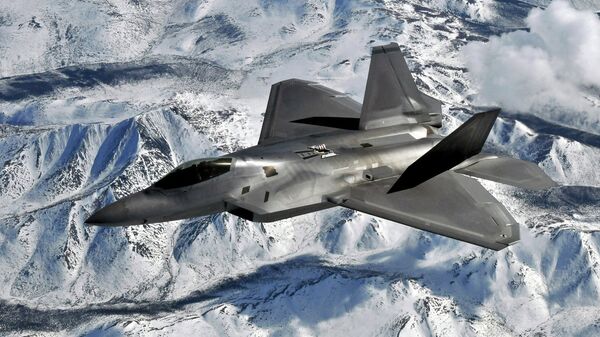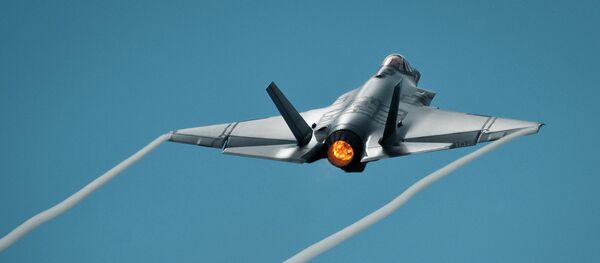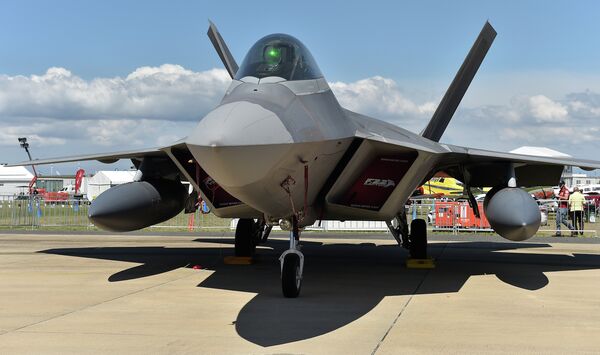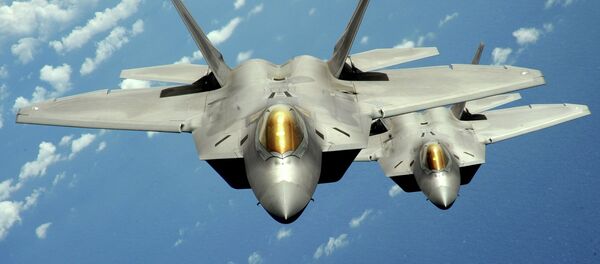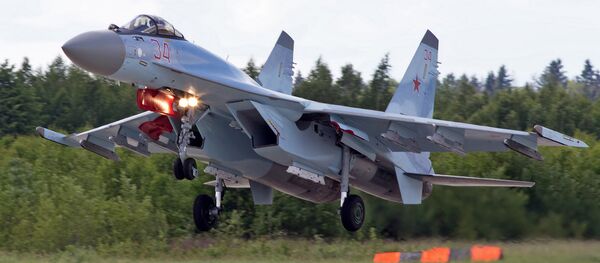"American air supremacy is in a bear market of long-term decline with no end in sight," he pointed out.
In his article, "America's air supremacy is fading fast", Layton quoted RAND Corporation, an American nonprofit global policy think tank, as saying that "continuous improvements to Chinese air capabilities make it increasingly difficult for the United States to achieve air superiority within a politically and operationally effective time frame."
He also referred to Russia's ever-increasing international assertiveness, which Layton said has finally led to a comparative decline of American air supremacy in Europe.
"America's current air supremacy rests on the F-15 fighter fleet complemented by small numbers of F-22s. The elderly F-15s are though having problems handling the latest, new-build Russian and Chinese fighter," Layton said.
"As regards the much higher performance F-22, only about ninety are available for global air supremacy tasks. This is arguably too small for winning air supremacy in one theatre, let alone both Europe and the Pacific," Layton added.
As for the F-35 stealth fighter jet, its yet-to-be-developed "contribution to future American air supremacy is mixed." He quoted General Hostage, then-commander of the USAF's Air Combat Command, as saying in 2014 that "the F-35 is not built as an air superiority platform."
According to Hostage, "the F-35 is geared to go out and take down surface targets…It needs the F-22 [stealth fighter]…If I do not keep the F-22 fleet viable, the F-35 fleet frankly will be irrelevant."
To resolve the problem, the USAF and the USN are currently hammering out a spate of new fighter programs, according to Hostage. However, he said, "this is a slow process with the new fighters not likely to enter service in meaningful numbers until about 2040."
Dwelling on air supremacy's importance, Hostage recalled that air supremacy "will not win a war but it will stop a war being lost" and that "America has not won a war without air supremacy — a point that has been widely recognized."
In this regard, he said, it is no small surprise that China sees air superiority as one of the key factors to contribute to a conflict's outcome, and that fighter development and procurement remain a major part of the Russian Armed Forces' modernization program.

